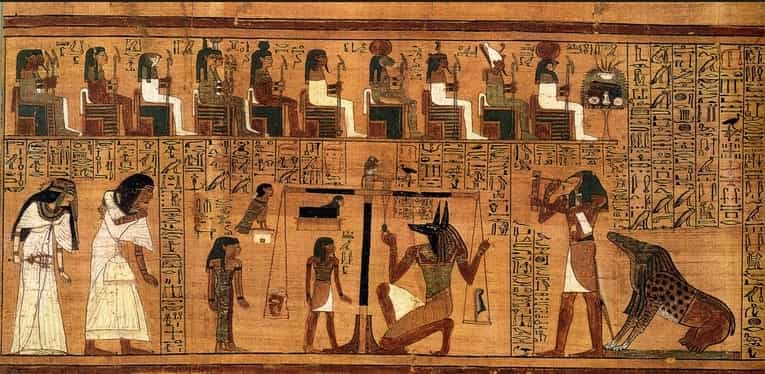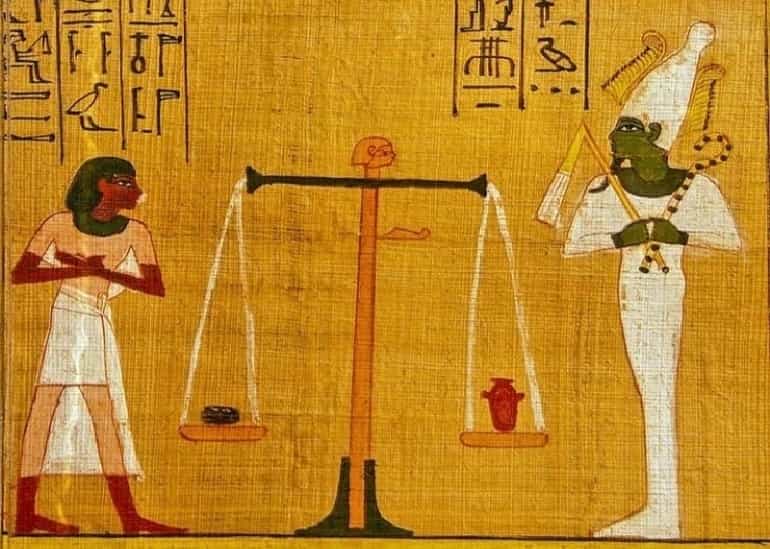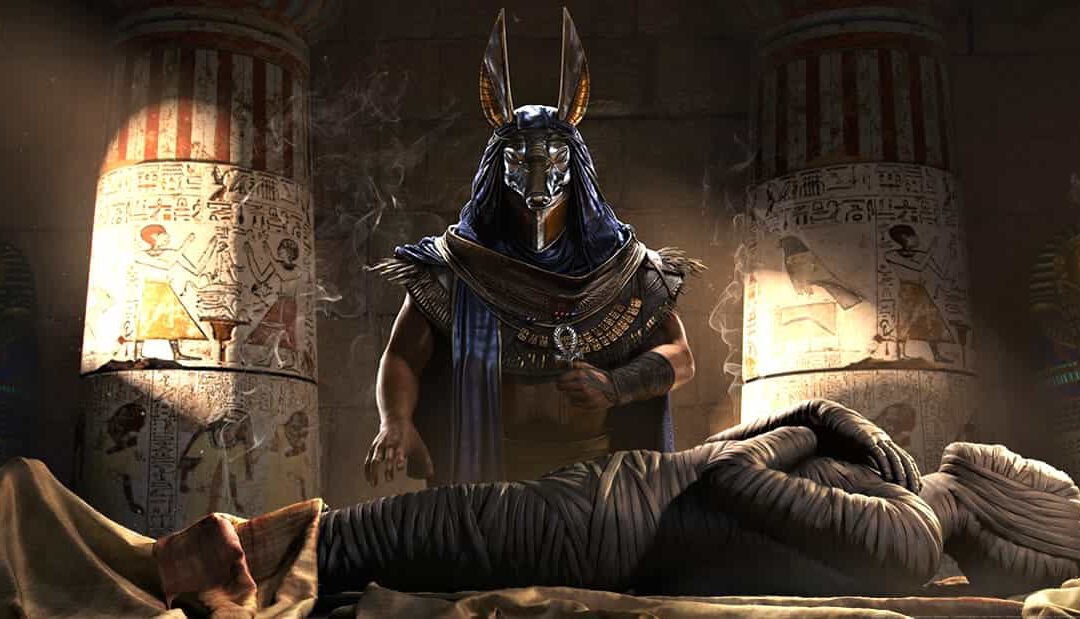Ancient Egyptians cherished their deceased and made extensive efforts to preserve their memory and essence through their graves. A unique belief was that the most important organ of the body would be placed on a scale to determine if the person deserved happiness in the afterlife.
Here is a closer look at the rituals and customs surrounding this belief.
Preparing the Dead
One of the key elements of ancient Egyptian culture was the preparation of the dead. The “Book of the Dead” included all the necessary magic formulas, rituals, and strategies that the deceased must use to achieve life in the afterlife.
Funeral rituals were intense and well-prepared, with all the relatives of the deceased working to ensure that the body was properly prepared to face the challenges of the afterlife. According to ancient Egyptian culture, the dead undertake a journey from west to east underground, similar to the sun’s journey. On the Ra raft, the dead face dangerous beasts and disorienting mazes.
Osiris’ Judgment: How Heavy is Your Heart?
The ancient Egyptians believed that many challenges awaited them in the afterlife, but the most important and difficult was the final judgment with the court of Osiris.
If the deceased successfully passed all the previous tests, they would reach the trial of Osiris. Horus, the son of Isis and Osiris, would accompany the deceased to the courtroom where they would face 42 judges.
At the trial, the deceased had to convince the judges of their moral conduct by being honest. The “Book of the Dead” includes phrases that must be repeated, such as:
“I have not sinned against others; I have not killed any of my relatives; I have not lied instead of telling the truth; I am not aware of any treason; I have done no wrong; I have not caused anyone harm; offerings to the gods…”
After the Session with Judges, the Heart Weighing
After the session with the judges, the most complex part of the trial arrived: the heart weighing.
How did they do it? A giant scale took center stage in the room, surrounded by 42 members of the court, some ancient Egyptian gods, and the deceased waiting for his trial.
On one side of the scale was a feather of the goddess Maat, who represented justice, order, and balance, and on the other side was the heart of the deceased.
Why weigh the heart? For the ancient Egyptians, the heart embodied a person’s intelligence, emotions, and actions—good or bad—it was the essence of the person.
What was the best outcome? The heart had to be in balance with the feather and could not weigh more or less.
The Final Judgment: Paradise or Death by the Beast
If the heart weighed the same as the feather, the deceased was granted entry to the Field of Reeds (Aaru), also known as the Egyptian paradise, ruled by Osiris and filled with pleasures.
However, if the heart weighed more or less than the feather, the fate was sealed: the deceased would be devoured by Ammit, a creature with the head of a crocodile, the legs of a hippopotamus, a lion’s mane, and the body of a human, ending any possibility of rebirth.
Fun Fact: The phrase “having a heart like a feather” comes from this Egyptian tradition, where a person’s heart must weigh exactly the same as a feather.








